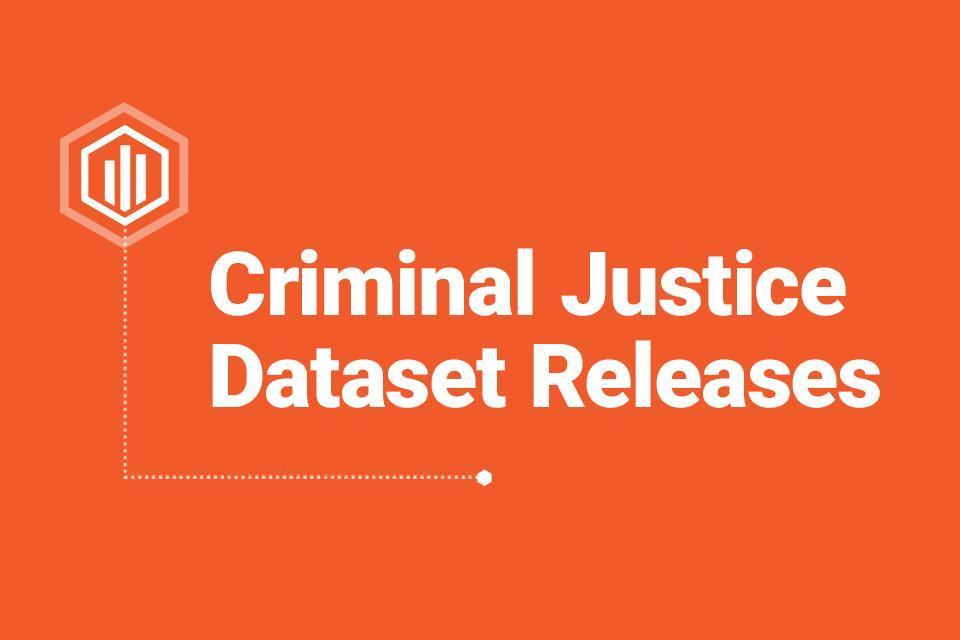Removal of Ballistic Resistant Body Armor Models from Compliant Testing List and Program
The NIJ Compliance Testing Program (CTP) is taking action to remove armor models, listees, and individuals from further participation in the program in response to federal criminal enforcement actions.
2024 LEADS Scholarship Recipients
NIJ’s Law Enforcement Advancing Data and Science (LEADS) program is designed to increase the research capabilities of law enforcement officers and agencies. This year, we selected 13 new LEADS scholars. We look forward to their contributions across the policing field!
Recent Articles
Evaluation of Swab Materials in Forensic DNA Testing: A Systematic Review
Forensic Science Strategic Research Plan, 2022-2026 (Version 1.1)
Advancing Justice for the Missing and Unidentified Through Research
Summary of a plenary panel from the 2024 NIJ Research Conference
Studies of Mistreatment of Older Adults Offer Solutions to an Urgent and Growing Societal Problem
Aging populations face abuse in many forms, and the search for data-driven solutions has lagged. New NIJ-backed projects offer answers derived from other research areas.
Find funding opportunities
Read the latest
Register for events
Browse all topics
Listen, Learn, Inform - About NIJ
See the YouTube Terms of Service and Google Privacy Policy
List of Compliant Ballistic Resistant Body Armor
NIJ certifies torso-worn ballistic resistant body armor for law enforcement that complies with the requirements our Compliance Testing Program. If you’re in the law enforcement profession, review a newly updated list of all compliant armor, searching by manufacturing company, gender, threat levels, and other factors.
Criminal Justice Data Archives
The National Archive of Criminal Justice Data archives data on crime and justice and contains data from over 2,700 curated studies or statistical data series. The website is home to several large-scale datasets, including the National Crime Victimization Survey, FBI's Uniform Crime Reports and National Incident-Based Reporting System, and the Project on Human Development in Chicago Neighborhoods.
The First Step Act
The First Step Act of 2018 aims to reform the federal prison system and reduce recidivism. NIJ is working to assess and develop an existing risk and needs assessment system for incarcerated individuals, and develop recommendations regarding effective evidence-based recidivism reduction programs and activities.






